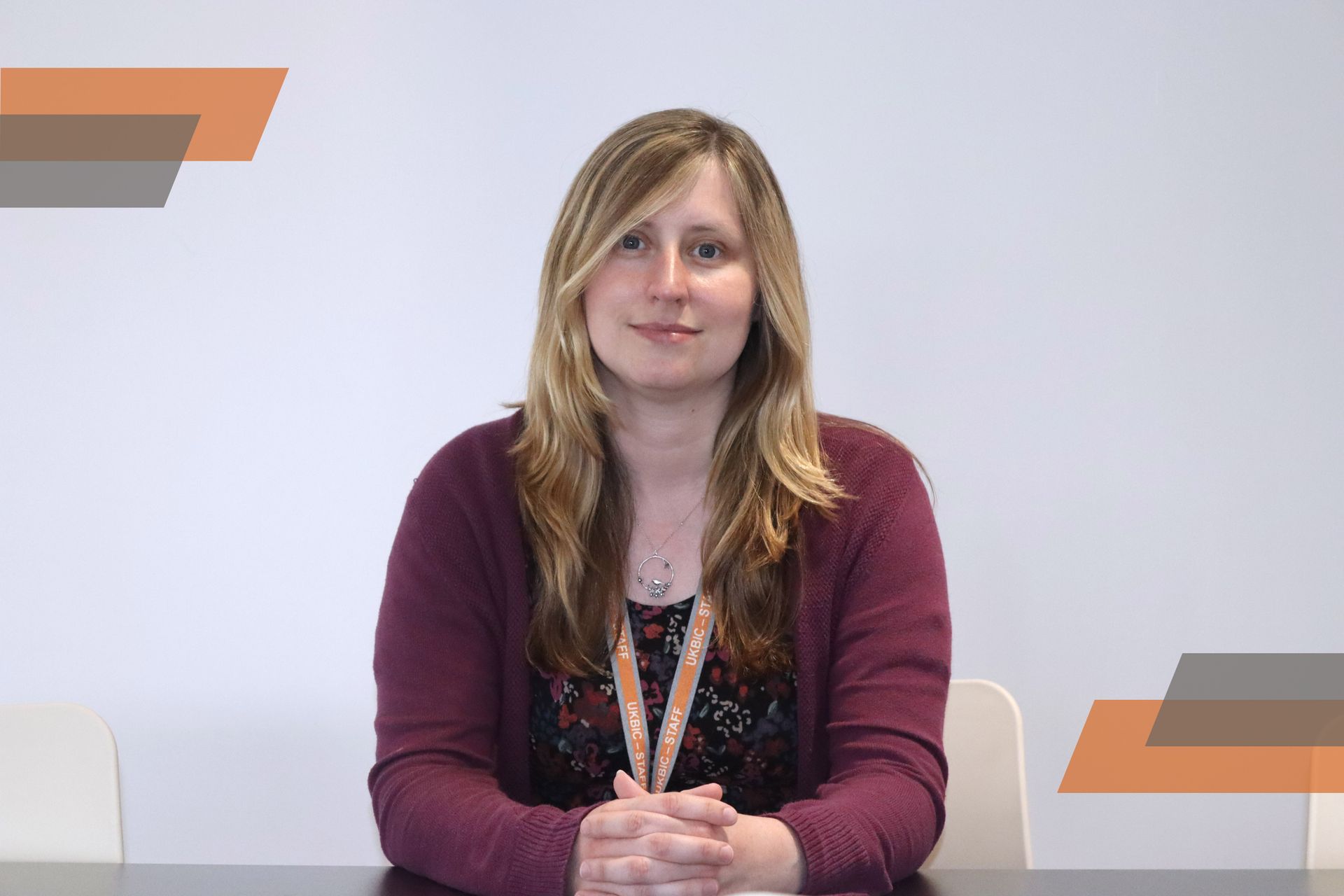Laura Driscoll: International Women in Engineering Day
We spoke to our Senior Materials Scientist, Dr Laura Driscoll, about her career journey and experience working in an engineering field.
Hi Laura. How would you describe what you do at UKBIC as a Senior Materials Scientist?
My main role at UKBIC is to help support customers during their scale up activities and to help troubleshoot when issues may arise on-site during the manufacturing process. This can include anything from advice on formulations and materials, routine quality control checks (to ensure materials conform to the original specification throughout the process) as well as characterising defects that might arise during production and to propose mechanisms for their formation to resolve issues quickly and efficiently.
Have you always worked in this sector?
I recently moved into industry in July 2022, however, prior to joining UKBIC, I have been involved in the research of battery materials for some time in academia. I’m a chemist by training and I started my journey back in 2012 with my PhD researching novel materials for sodium ion (Na-ion) batteries. After that, I spent a brief period in the metallurgy industry before returning to academia (University of Birmingham) as a research fellow between July 2017-2022. During my time as a research fellow, I’ve been involved in the development of novel ways to synthesise materials capable of being used as electrolytes for solid state batteries, developing (and patenting) short-loop recycling methods for Li-ion battery electrodes (ReLiB) and the development of routes and materials for next generation cathode materials for Li-ion batteries (CATMAT).

You really have an interest in batteries then! What do you like about working in this field?
Sustainability is extremely important to me personally. My past research and my current role all have the underlining aim of helping people and the planet through the development of green technology. I love being involved in an industry which has the potential to help reduce CO2 emissions through the utilization of renewables and to reduce the UKs reliance on fossil fuels. I also enjoy materials characterisation and the problem-solving nature of the work that we do here on site. It’s extremely rewarding when all the pieces of a puzzle finally fall into place, and you can confidently explain why a process or a material has struggled to perform as planned and propose ways to optimise/fix any issues that may reveal themselves during manufacturing at scale.
Do you have any advice for young women aspiring to enter engineering fields?
My main piece of advice would be to try to arrange work experience in the industry of your choice. Being able to work briefly in a sector will give you a flavour of whether that career is optimal/well-suited to your personal needs. It may also reveal qualifications/courses that may be extremely beneficial to that career path which you could then opt for to give you a head start as part of your own personal development. Secondly, I would just say ‘go for it!’ if you ever see an opportunity pop up that you might be tempted to apply for but feel you might not have everything the business is looking for. Most job criteria are wish lists so always go for an opportunity if one arises as you may have skills that the employer may not have originally accounted for when designing the post. Building on soft skills (such as time management, presentation skills etc) is also extremely important as these are very transferable regardless of which career path you may wish to follow in the future!
If you want to know more about Laura and her career journey, make sure to register for the upcoming Faraday Institution Conference.
Laura will be taking part in a panel session titled 'Career journeys from academia to industry' alongside speakers form Rolls-Royce and Rimac Energy.
11th - 13th September 2023



